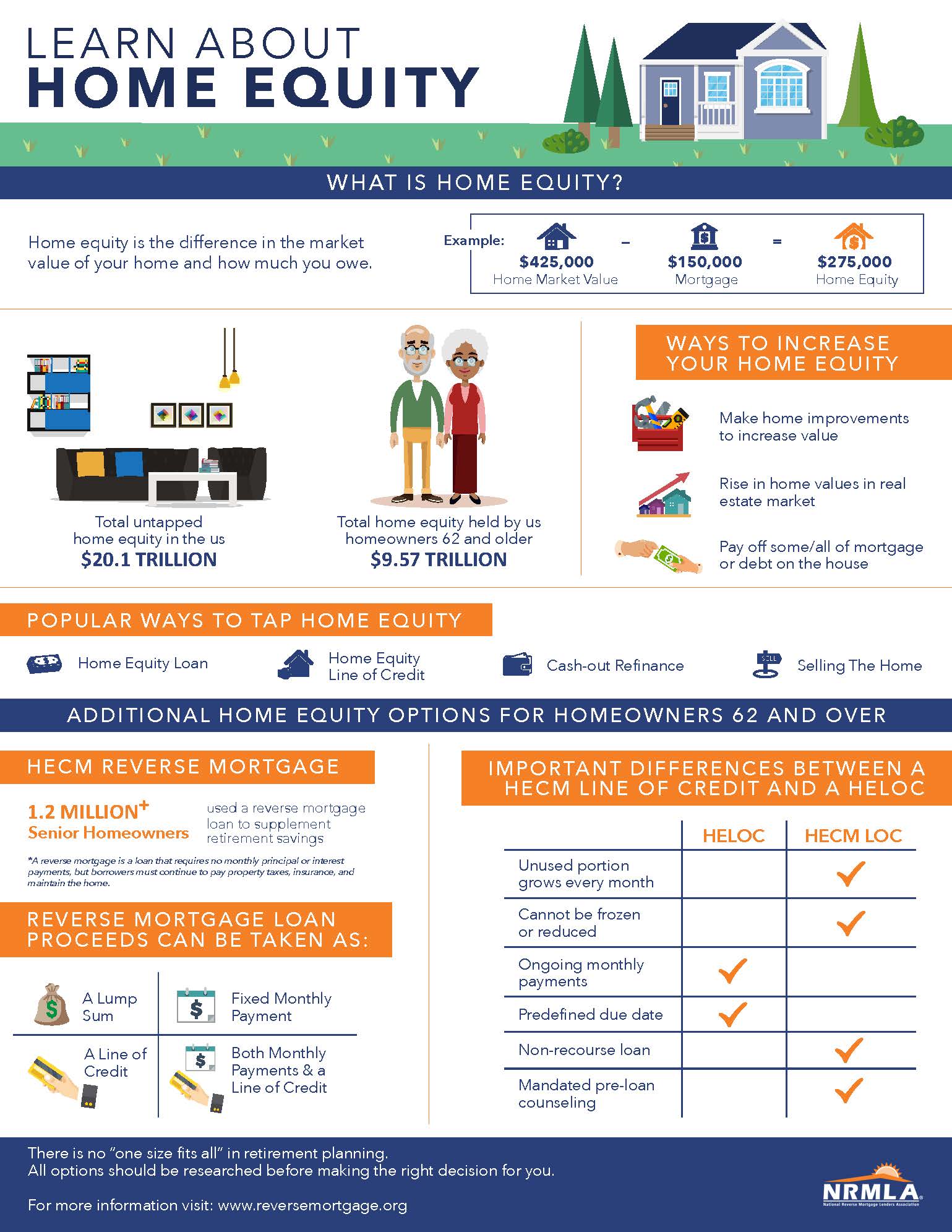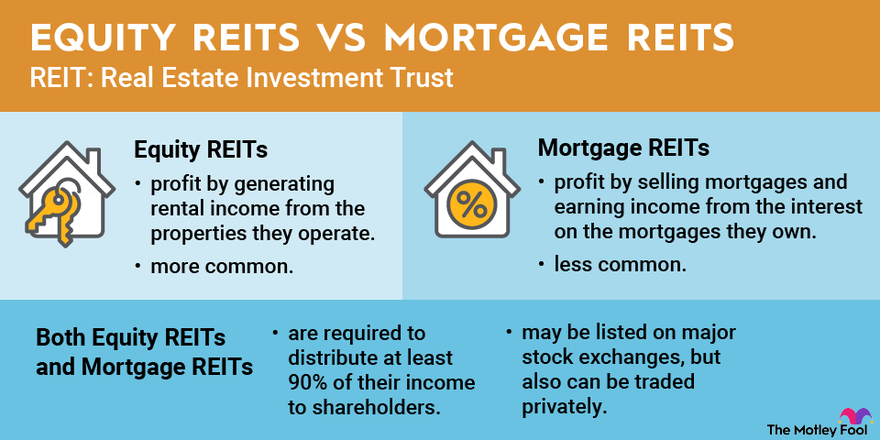Real-Life Case Studies Using Equity Release Mortgages
Real-Life Case Studies Using Equity Release Mortgages
Blog Article
Checking Out the Different Kinds Of Equity Release Mortgages Available Today
Equity Release mortgages present numerous choices for homeowners aged 55 and over. equity release mortgages. These monetary products satisfy various demands and preferences, enabling individuals to gain access to funds from their home. From lifetime mortgages to common appreciation home loans, each type provides unique benefits. Understanding these choices is crucial for making notified decisions. What aspects should one take into consideration when selecting one of the most appropriate equity Release strategy? The details that comply with might clarify this vital topic
Comprehending Equity Release Mortgages
Equity Release mortgages supply property owners, typically those aged 55 and over, with a way to access the worth bound in their residential property without needing to offer it. This financial alternative permits individuals to convert a part of their home equity right into cash money, which can be utilized for different purposes, such as home improvements, repaying financial debts, or financing retirement.Equity Release can take various kinds, yet it basically involves loaning against the value of the home while keeping ownership. Property owners can choose to receive a round figure or a series of smaller sized repayments, depending on their economic requirements and preferences.Additionally, the quantity offered for Release is affected by the property's value, the homeowner's age, and certain lender standards. In general, recognizing equity Release home mortgages is vital for property owners to make enlightened decisions about taking advantage of their home's equity while thinking about the long-term implications.
Life time Mortgages
Life time mortgages represent among the most popular forms of equity Release. This financial product permits property owners, usually aged 55 or older, to borrow against the value of their residential or commercial property while keeping ownership. The car loan, which is secured against the home, accrues passion with time yet does not need regular monthly payments. Instead, the lending and accrued passion are paid back when the house owner dies or relocates right into long-term care.Lifetime home mortgages supply versatility, as customers can pick to obtain a round figure or choose a drawdown facility, accessing funds as required. Importantly, many strategies included a no-negative-equity guarantee, making certain that customers will never ever owe even more than the value of their home. This attribute gives assurance, permitting individuals to appreciate their retirement without the anxiety of depleting their estate. On the whole, lifetime home loans function as a sensible alternative for those looking for economic assistance in later life.
Home Reversion Plans

Drawdown Lifetime Mortgages
While several house owners seek means to access their wide range, drawdown lifetime home loans present a versatile option that allows individuals to Release funds slowly. This kind of equity Release home loan makes it possible for home owners to borrow versus the value of their building while keeping possession. Unlike conventional life time home loans, drawdown strategies permit consumers to access a section of their equity upfront and take out added funds as needed, as much as a predetermined limit.This function can be specifically beneficial for those that want to manage their funds very carefully, as it minimizes rate of interest build-up by only charging interest on the quantities attracted. Additionally, drawdown lifetime mortgages often include a "no unfavorable equity assurance," ensuring that borrowers will certainly never owe greater than their home's worth. This option suits retired people that want financial security and adaptability, allowing them to meet unforeseen costs or keep their way of living without needing to offer their home.
Enhanced Lifetime Mortgages
Improved Lifetime Home mortgages offer distinct advantages for eligible homeowners seeking to Release equity from their residential properties. Comprehending the eligibility standards is essential, as it identifies that can profit from these specialized financings. Nonetheless, it is additionally crucial to assess the prospective drawbacks associated with enhanced options, making certain an all-round point of view on their use.
Qualification Requirements Discussed
Understanding the qualification requirements for Enhanced Life time Mortgages is vital for potential candidates looking for to access the equity in their homes. Normally, applicants have to be aged 55 or older, as this age need is conventional in the equity Release market. Homeowners should possess a building valued at a minimum threshold, which can vary by lending institution. Importantly, the property has to be their main residence and in good problem. Lenders usually assess the property owner's health standing, as specific wellness problems may boost eligibility and advantages. Furthermore, candidates should not have existing considerable debts secured against the residential property. Fulfilling these standards permits individuals to explore Enhanced Lifetime Mortgages as a practical choice for accessing funds locked up in their homes.
Benefits of Improved Home Mortgages
After clearing hop over to these guys up the qualification criteria, it comes to be apparent that Improved Lifetime Home mortgages offer a number of considerable advantages for home owners aiming to utilize their residential or commercial property equity. Mostly, they provide access to a bigger loan amount contrasted to conventional lifetime home loans, profiting those with health problems or age-related elements that boost their life expectancy threat. This enhanced borrowing capacity permits house owners to meet numerous monetary needs, such as home renovations or retirement expenses. Additionally, these mortgages typically feature flexible repayment options, making it possible for customers to manage their finances extra successfully. The no-negative-equity assurance better ensures that homeowners will never ever owe greater than their residential property's value, providing assurance. Generally, Improved Lifetime Home loans provide an engaging choice for eligible property owners looking for financial remedies.
Possible Disadvantages Thought About
While Enhanced Lifetime Home mortgages provide many benefits, possible drawbacks call for mindful consideration. One considerable problem is the influence on inheritance; the equity released minimizes the worth of the estate entrusted to beneficiaries. Furthermore, these home mortgages can accumulate substantial interest gradually, causing a significant debt that may go beyond the original car loan amount. There might likewise be restrictions on residential property modifications or rental, limiting house owners' adaptability. Enhanced items frequently call for particular health conditions, meaning not all property owners will certify. Finally, taking care of the charges and costs related to these home mortgages can be complex, possibly resulting in unforeseen costs. Because of this, people ought to completely examine their scenario and get in touch with economic consultants prior her explanation to continuing.
Shared Gratitude Mortgages
Shared Gratitude Mortgages stand for a special economic arrangement that enables home owners to access equity while sharing future building value enhances with the loan provider. This strategy supplies prospective benefits such as reduced regular monthly repayments, yet it also comes with disadvantages that need to be carefully taken into consideration. Comprehending the eligibility requirements is vital for those thinking about this alternative.
Concept Review
Equity Release home mortgages, specifically in the form of common appreciation home mortgages, provide home owners an one-of-a-kind economic solution that permits them to access funds by leveraging the worth of their residential or commercial property. In this setup, a lending institution gives a loan to the homeowner, which is usually paid back with a share of the building's future gratitude in worth. This means that when the homeowner sells the residential property or dies, the loan provider gets a percentage of the raised worth, instead of just the first lending quantity. Shared admiration mortgages can be appealing for those seeking to supplement their income or finance substantial costs while keeping ownership of their home. Nevertheless, the monetary effects of shared gratitude need to be meticulously considered by potential customers.
Downsides and advantages
Shared appreciation home loans can give significant economic benefits, they also come with remarkable disadvantages that potential customers need to consider. These home mortgages allow house owners to accessibility equity in their homes while sharing a section of any future recognition with the lending institution. This arrangement can be helpful during times of rising building worths, providing considerable funds without month-to-month repayments. The primary downside is the possible loss of equity; homeowners may end up with considerably reduced inheritance for heirs. Additionally, the complexity of the terms can lead to misunderstandings concerning payment obligations and the portion of admiration owed. It is essential for consumers to weigh these variables carefully before dedicating to a common admiration home mortgage.

Qualification Demands
What criteria must property owners fulfill to qualify for a shared admiration home loan? Primarily, candidates should go to the very least 55 years of ages, assuring they are within the target group for equity Release products. In addition, the home must be their main house and usually valued above a specified minimum threshold, commonly around ? 100,000. Lenders additionally assess the home owner's monetary situations, including earnings and arrearages, to identify they can manage the home loan properly. Significantly, the building has to be in great problem and cost-free from significant legal encumbrances. Homeowners ought to likewise have a clear understanding of the terms, consisting of just how recognition will certainly be shown the loan provider upon sale or transfer of the residential property, as this impacts general returns.
Picking the Right Equity Release Alternative

Often Asked Questions
What Age Do I Required to Be for Equity Release?
The age demand for equity Release usually starts at 55 for the majority of plans. Some carriers may offer alternatives for those aged 60 and above, showing varying terms based on specific scenarios and loan provider policies.
Will Equity Release Influence My Inheritance?
Equity Release can affect inheritance, as the amount obtained plus passion reduces the estate's worth. Successors may receive much less than expected, depending on the building's recognition and the overall financial obligation at the time of passing.
Can I Relocate Home With Equity Release?
The inquiry of relocating house with equity Release occurs frequently. Typically, people can move their equity Release plan to a brand-new residential property, but certain terms may use, requiring assessment with the lender for support.
Exist Charges Linked With Equity Release Mortgages?
Charges related to equity Release home loans can include arrangement costs, valuation charges, and lawful expenses. Additionally, there might be early settlement charges, which can influence the overall price and economic ramifications for the consumer.
Just How Does Equity Release Effect My Tax Scenario?
Equity Release can influence one's tax obligation scenario by potentially enhancing taxed earnings, as released funds are thought about funding. It usually does not sustain prompt tax liabilities, making it essential to speak with an economic advisor for customized assistance.
Conclusion
In summary, the selection of equity Release home mortgages available today provides property owners aged 55 and over several paths to access their home's worth - equity release mortgages. Whether selecting a lifetime mortgage, home reversion plan, or various other choices, each alternative presents distinctive advantages customized to specific monetary demands. Careful consideration and examination with a financial advisor are vital to ensure the selected equity Release service aligns with individual objectives and monetary situations, eventually helping with informed decision-making for a safe and secure financial future. Equity Release home loans present various choices for property owners aged 55 and over. Equity Release mortgages provide house owners, usually those aged 55 and over, with a way to access the worth linked up in their residential property without needing to sell it. Boosted Lifetime Home loans provide distinctive benefits for eligible home owners seeking to Release equity from site link their homes. Equity Release home loans, particularly in the type of shared recognition home loans, supply house owners a special economic service that allows them to accessibility funds by leveraging the value of their building. In summary, the selection of equity Release mortgages readily available today uses house owners aged 55 and over multiple paths to access their property's worth
Report this page